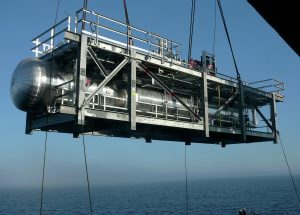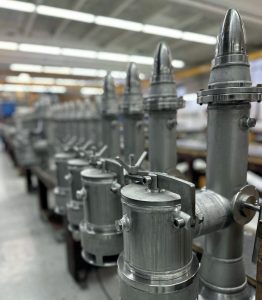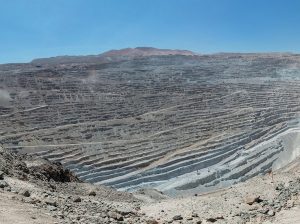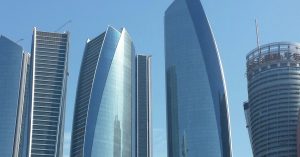
Fertilizer Industry News Roundup
Yara to purchase renewable calcium ammonium nitrate (CAN) from Atome

Yara to purchase renewable calcium ammonium nitrate (CAN) from Atome
Veolia says that its subsidiary Veolia North America has signed an agreement for the divestment of Veolia North America Regeneration Services, which includes its sulphuric acid and hydrofluoric acid regeneration activities for refineries, to private equity firm American Industrial Partners for $620 million. These activities represented revenues of around $350 million in 2023. The financial closure of the transaction is expected soon. Veolia’s Sulphuric Acid Regeneration Business includes its sulphuric acid and potassium hydroxide regeneration, as well as sulphur gas recovery, and sulphur-based products production businesses.
Join us at the CRU Sulphur + Sulphuric Acid 2024 Conference and Exhibition in Barcelona, 4-6 November, for a global gathering of the sulphur and sulphuric acid community. Meet leading market and technology experts and producers, network, share knowledge, and learn about market trends and the latest developments in operations, process technology and equipment.

As Comprimo celebrates its 100th anniversary, we explore the group’s history from its earliest days in the Netherlands in the 1920s to its current status as a global leader in gas treatment and sulphur recovery technology.

Pres-Vac Engineering's innovative high-velocity methanol valves offers shipbuilders unique options in creating more efficient and compliant dual-fuel systems.

Representatives from across the global sulphur and sour gas community convened in Abu Dhabi from 20 to 23 May to discuss and debate the key strategic themes that are driving the industry. The Middle East Sulphur Conference (MEScon) is a premier event that brings together representatives from the entire sour gas and sulphur value chain to promote technology and innovation, lessons learned, best practices, knowledge transfer and R&D.

Brazilian phosphate producer Galvani says that it has begun work on its major phosphate expansion in Bahia state, including a new production plant at Ceará, in partnership with Indústrias Nucleares do Brasil (INB). The company aims to reduce Brazil’s northern and northeastern regions’ reliance on imported fertilizers. The first phase includes $133 million of investment, including $76 million for new phosphate mining at Irecê, and $38 million for Luís Eduardo Magalhães factory, also in Bahia. This expansion will take capacity from 600,000 t/a to 1.2 million t/a by 2026. The expansion at Luís Eduardo Industrial Complex includes expansion of sulphuric acid capacity from 165,000 t/a to 250,000 t/a.

CRU and UniverSUL Consulting, together with the event host, ADNOC, are delighted to welcome you back for MEScon 2024 at the Conrad Abu Dhabi, Etihad Towers from 20 to 23 May 2024.

Fertilizer International presents a global round-up of phosphate rock, phosphoric acid and finished phosphates projects.

A report on CRU’s annual Sulphur + Sulphuric Acid conference, held in New Orleans, USA, 6-8 November 2023.